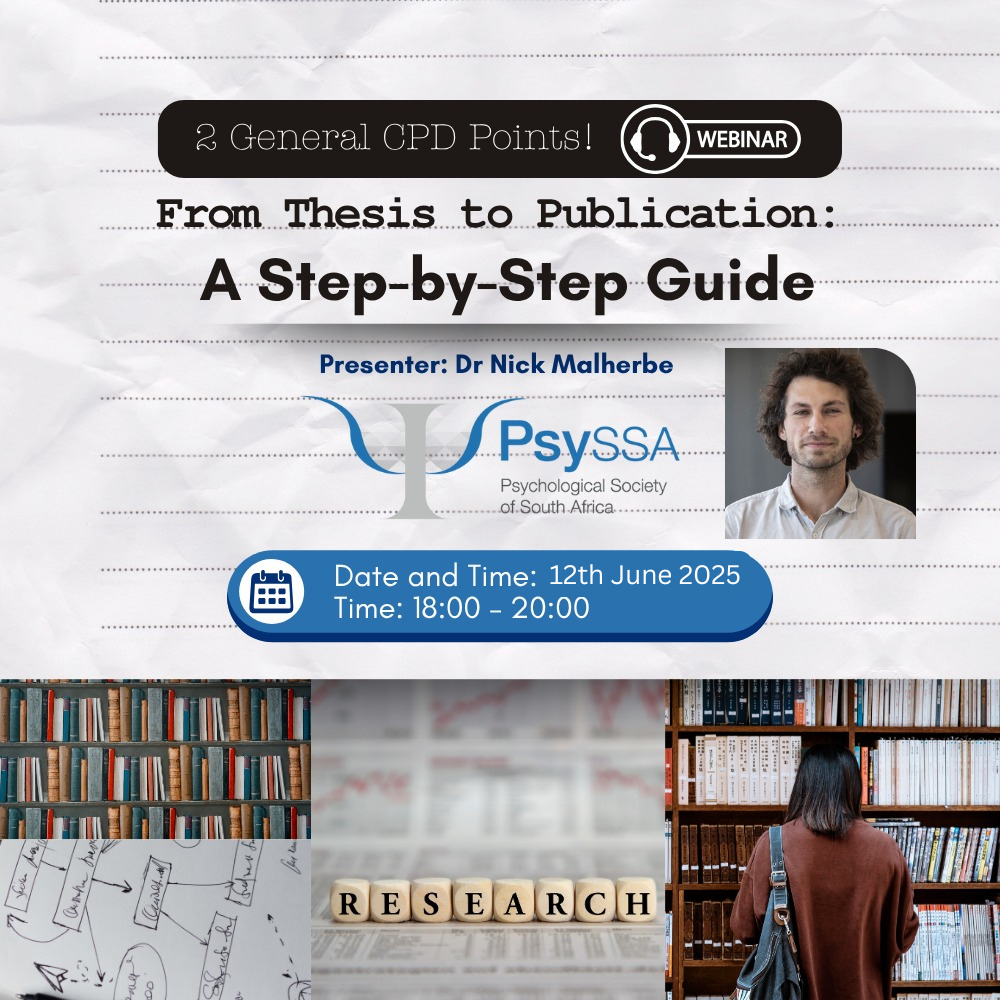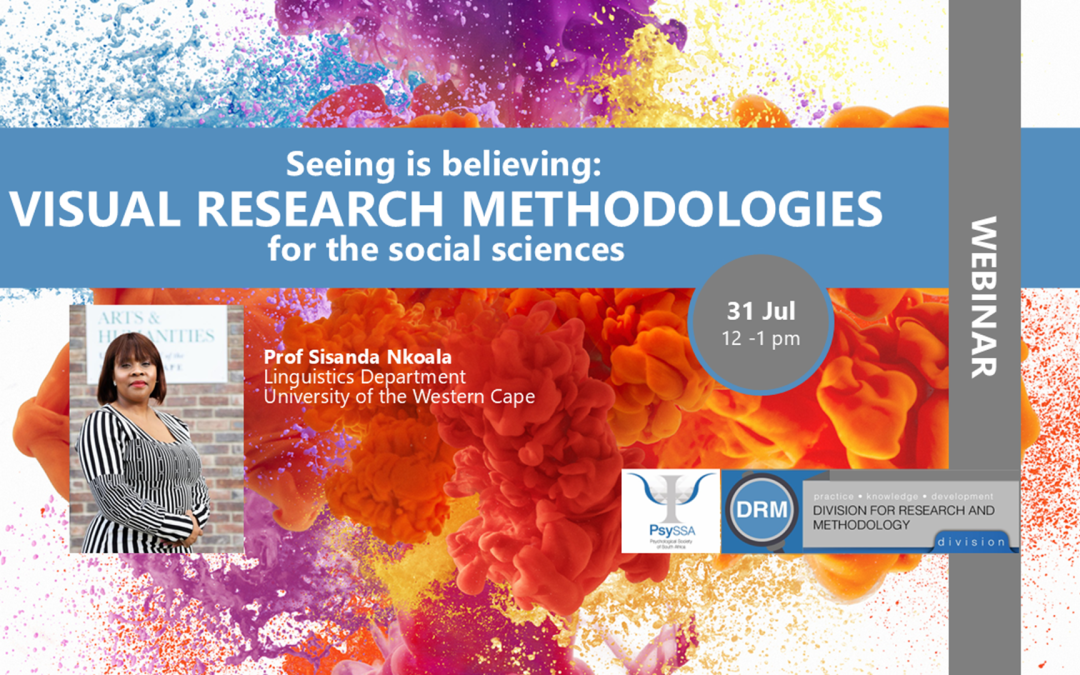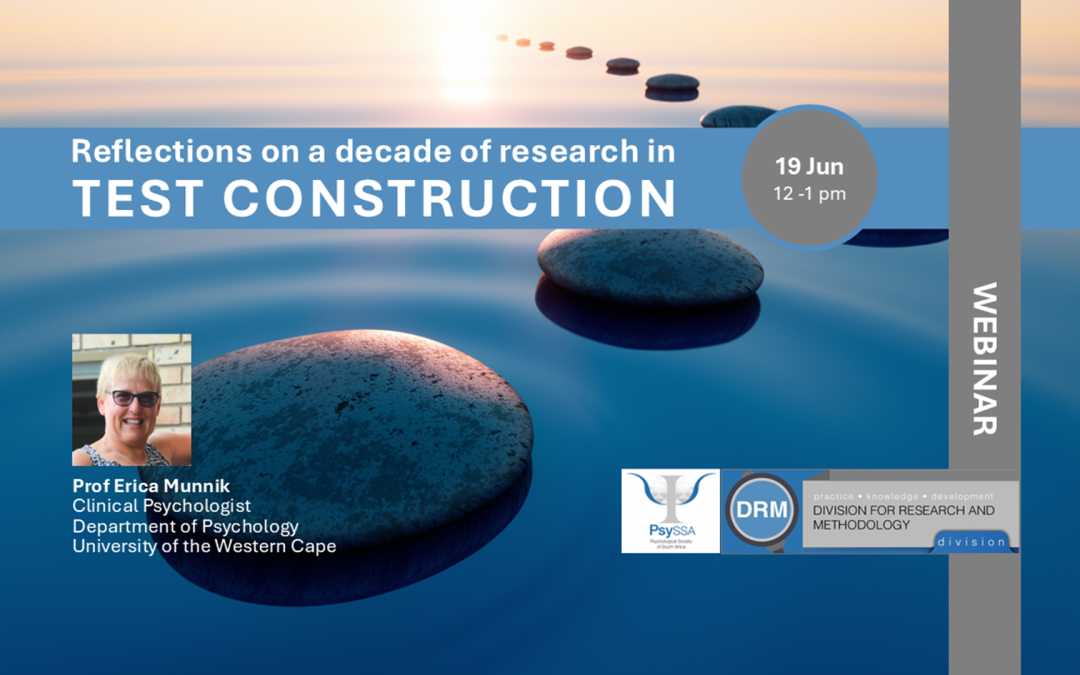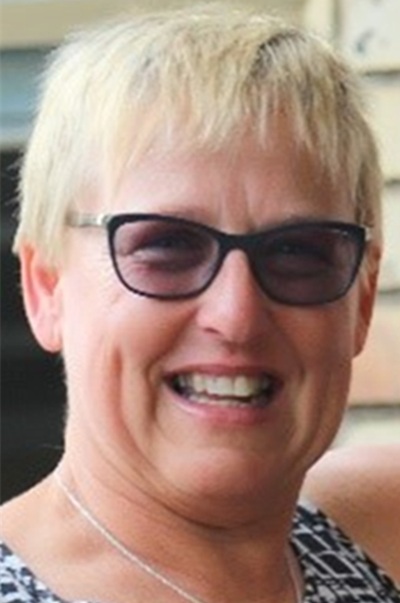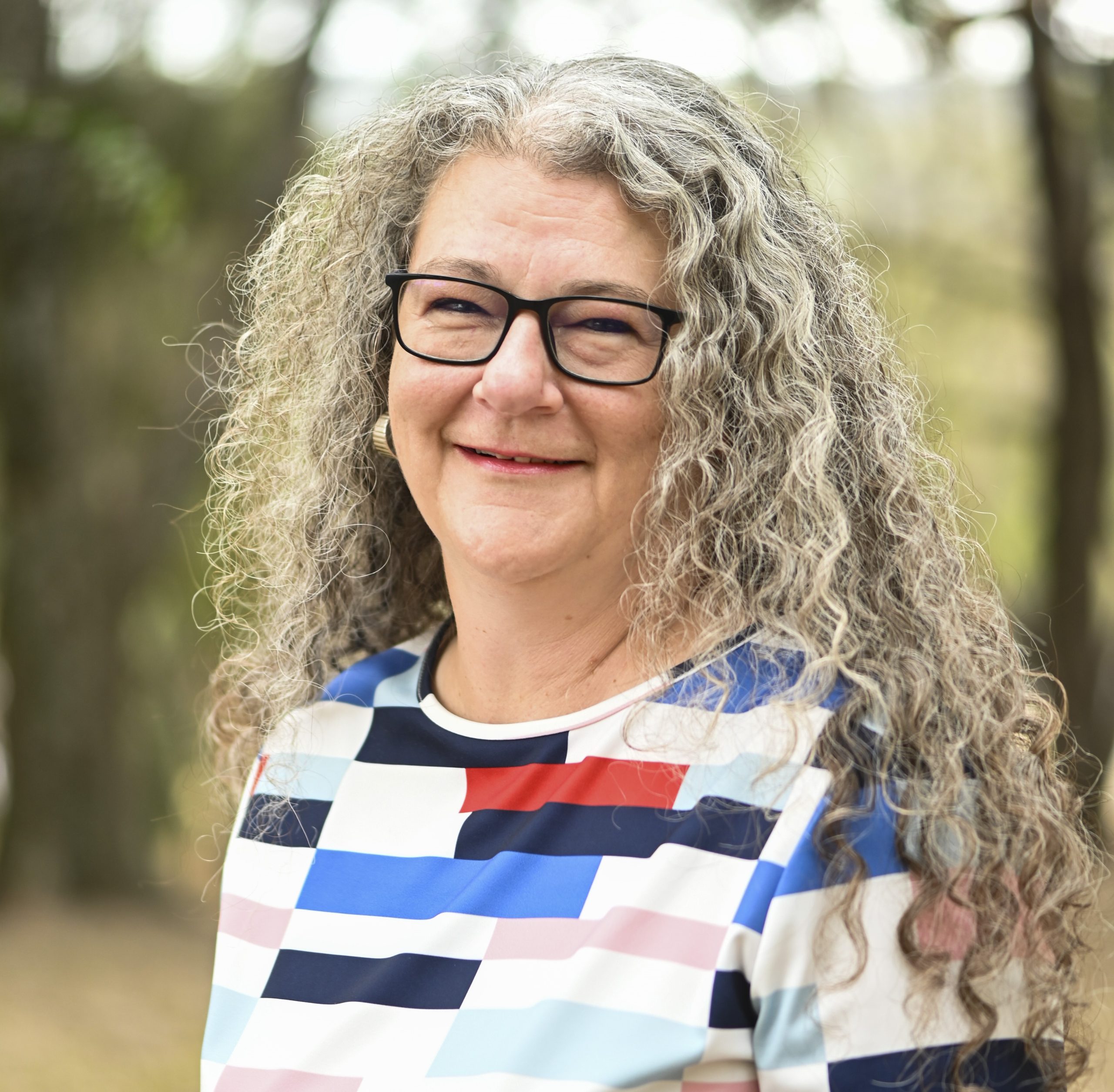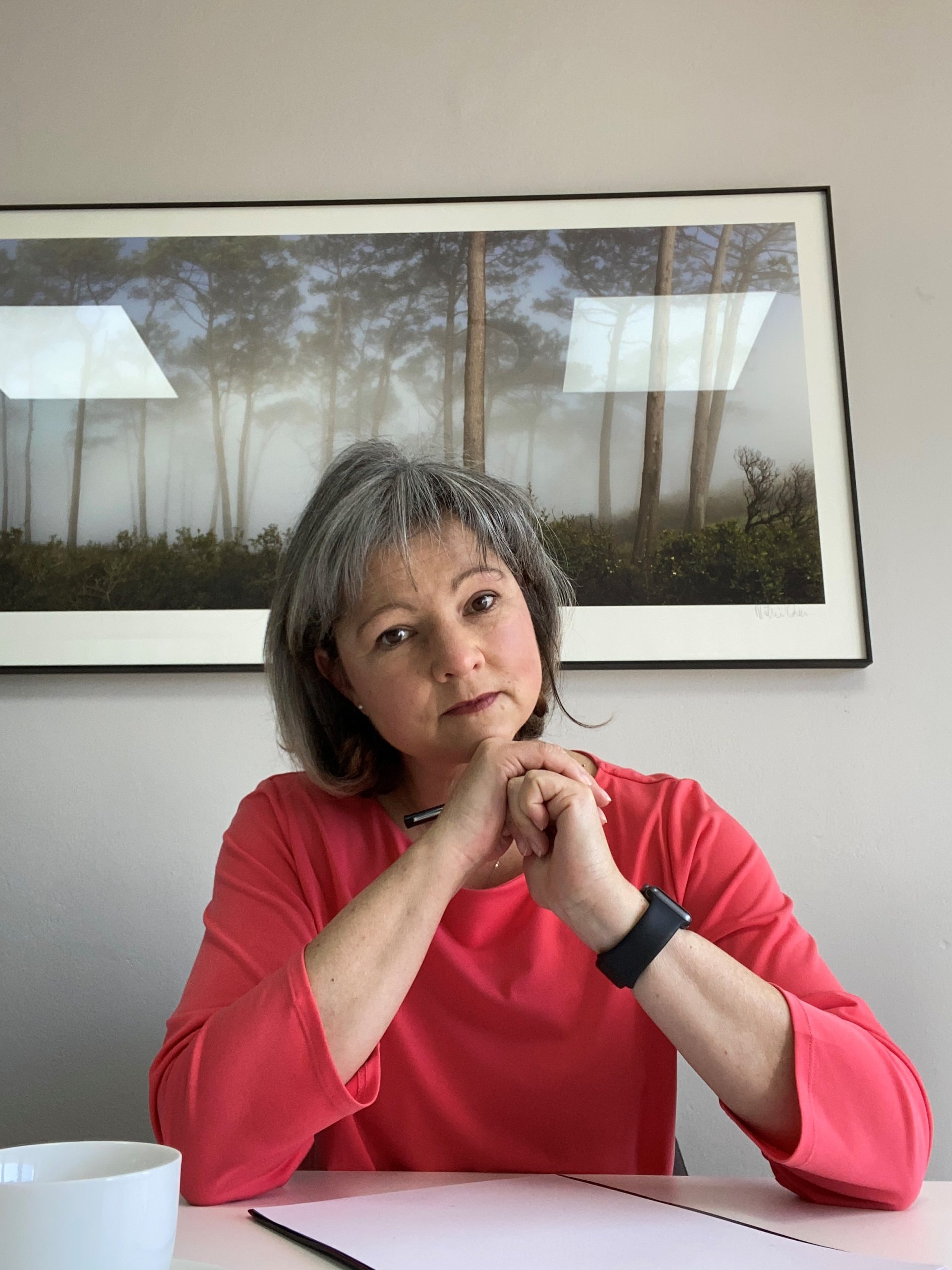
PsySSA commemorates Child Protection Week (29 May – 5 June 2025)
PsySSA commemorates Child Protection Week (29 May – 5 June 2025)
Every conversation matters

Role of Faith based leaders in the Protection of Women and Children
Author: Dr.Guru Kistnasamy
Historically the interpretation and misinterpretation of the scriptures of various Faiths together with its practice and implementation by Religious Leaders, resulted in the abuse or the protection of the vulnerable amongst us, women and children.
In ancient times women and children were considered dispensable and were even killed in the form of sacrifices in various parts of the world. In India, there was a time when widows were burnt to death after the death of their husbands. This conceptualization of the vulnerable coupled with a patriarchal attitude, served to keep women and children in servitude.
Today we find a similar attitude that results in the rape and sexual molestation of women and children by men. What is shocking today is that we find that these perpetrators are men entrusted with the protection of these victims.
A few recent examples of Faith Leaders accused of abusing their so called “sacred” positions include:
- Timothy Omotoso accused of 32 counts of rape, human trafficking, and racketeering. He was acquitted by the Justice System. Now the Minister of Justice is asking for an enquiry.
- A prominent Bishop accused of raping and sexually assaulting members of his congregation. The trial is continuing.
- A Hindu priest accused of raping a 12 year old boy appeared in the Tongaat Court.
- A Hindu priest accused of intimately touching a devotee appeared in Verulam Court.
- 2 boys alleged a Moulana raped them in Germiston.
Prevalence of Gender Based Violence in South Africa.
An article published in the journal of Social and Development Sciences in 2024, revealed that 55.38% of respondents reported being victims of violence in places of worship.
A fact sheet on “Baseline Survey on Victimisation and Perpetration” issued by the HSRC in 2024 indicated the following:
Lifetime physical and/or sexual violence of women aged 18 years and over: 35.5%, translating into 7,847.438 women.
According to Statistics South Africa, we have the highest rate of femicide in the world. One out of four women have experienced GBV, and one out of three children have experienced physical violence and sexual violence before they turned 18. (Ref. “Gender-based violence as a destructive form of warfare against families, a practical theological response-2023”).
Psychological Aspects of Religious Abuse.
Psychological Abuse refers to psychological manipulation and harm inflicted on a person by using the teachings of their religion. It is often directed to children and emotionally vulnerable adults. The abuse may result in mental health issues such as depression, phobias, dissociative disorders, paranoia, anxiety, and insomnia The victim may not report the matter because of guilt, shame, fear of being ostracized or losing a privilege.
What is Spiritual Abuse
Spiritual abuse has been expressed as an exploitation of spiritual authority to manipulate, control, use or harm others through means such as shame, fear and indoctrination. Examples may include sexual abuse, extortion of money, suicidal attempts and even suicide. Spiritual abuse is said to support other forms of GBV.
What can Religious Leaders do to Protect the Vulnerable?
Concerns of the public were raised at government level about abuse in religious institutions and by their leaders. In 2017 Hearings were held in Parliament where submissions were made by 18 religious organisations on the recommendations and proposals of the Commission for the Promotion and Protection of the Rights of Cultural, Religious and Linguistic Communities.
This clearly indicated that there must be some form of regulation of religious institutions through mandatory registration, licensing, and monitoring.
Religious communities need to actively promote the equality and protection of genders. Places of worship are ideally suited for this discourse. Various sources of literature point us in the right direction in achieving this goal.
The Interfaith GBV Prevention and Mitigation Strategy 2024-2030 is the result of a national consultation process of scholars, activists and leaders. It was strengthened by the We Will Speak Out South Africa (WWSOSA). It includes partners from the following faiths: African Traditional, Baha’I, Brahma Kumaris, Buddhism, Christianity, Hinduism, Islam and Judaism. Their goal is to mobilize and equip the faith sector to address GBV more effectively.
The Interfaith GBV Prevention and Mitigation Strategy 2024-2030 was released in October 2024. The following is a summary of the commitments of the members of the faith sector in actively, intentionally and collaboratively supporting efforts to mitigate GBV by:
- Including spiritual abuse as a type of GBV;
- Being vocal and transparent about exposing GBV;
- Dismantling the culture where victims are silenced;
- Amplifying texts, traditions, rituals, ceremonies and symbols that promote dignity, gender equality and justice, and to change these where gender inequity or GBV is encouraged;
- Becoming integrally involved in South Africa’s multi-sectoral efforts to prevent or respond to GBV;
- Improving accountability measures and developing a joint policy to guide the sector’s work;
Conclusion.
It is important that leaders of all faiths subscribe to the principles of the Interfaith GBV Prevention and Mitigation Strategy 2024-2030 so as to address the problem of GBV as a united national front in South Africa.
Therefore it is equally important that there be a qualification, monitoring and regulating process for aspiring spiritual leaders to join the faith sector. This will minimize abuse of the vulnerable by leaders of faith.
25/04/2025.

A call for Psychologists to champion child rights during Child Protection Week, and beyond
The Trauma and Violence Division
National Child Protection week, commemorated between the 29th of May and the 5th of June, seeks to remind citizens of the rights of children enshrined in the Constitution of South Africa and the Children’s Act (Act No. 38 of 2005). On the 11th of May 2025 the Department of Social Development launched Child Protection Month with the theme ‘Working Together to End Violence Against Children.’ Child sexual abuse has been highlighted as the main focus (Department of Social Development, 2025).
Sexual assault cases for female children aged 17 and younger increased from a harrowing 82.7% in 2015/2016 to 87.6% in 2019/2020 in South Africa (Stats SA, 2024). Female children are more likely to experience statutory rape, sexual assault and rape than male children (Stats SA, 2024). However, challenges with the reporting of such crimes across all genders remain, leading to underreporting.
This Child Protection Week, the Department of Social Development has called on various healthcare sectors to become part of a multidisciplinary approach addressing this pandemic (Department of Social Development, 2025). In response to the call to action, psychologists can advocate for children’s rights and uphold their best interests beyond the confines of therapy rooms, lecture halls, and academic journals. Psychological professionals, including psychologists, registered counsellors and psychometrists should:
- Report suspected child abuse and neglect to the relevant authorities as outlined in Section 110 the Children’s Act (Act No. 38 of 2005) and Section 54 of the Criminal Law (Sexual Offences and Related Matter) Amendment Act 32 of 2007. This is not discretionary but mandatory and is essential to safeguarding child clients. Ensuring that we fulfil this duty is key in us upholding children’s rights.
- Maintain competency in working with child survivors of abuse. Guidelines and interventions for trauma work are continuously developing. Staying informed and continuously developing our professional skillset can assist us in ensuring that children do not experience secondary traumatisation, including within the therapy room (Van Niekerk & Coetzee, 2020).
- Catalyse change at a systemic level through research and advocacy efforts, to ensure transformation beyond the therapy room (Schiller et al., 2023). Psychologists can advance and disseminate research in the area of child abuse and associated psychological sequalae to ultimately draw attention to the need for policy change. Rather than duplicating effort, psychologists can use their expertise to assist non-governmental organisations and advocacy groups at the forefront of the fight against child abuse.
As a profession and association of professionals, we can lobby for the employment of mental health professionals within the government sector, to ensure the provision of quality, timeous services that promote preventative and ameliorative initiatives.
Systemic issues require systemic interventions but they need not be complicated. So, whether your advocacy is at an individual level within the therapy room, or at a macro-level with major stakeholders, consider how you can uphold children’s rights this Child Protection Month.

The South African Association for Counselling Psychology
Watch the SAACP’s contribution to Child Protection Week 2025 below!

Danielle Moosajie
Director: Arise
Danielle Moosajie is a qualified social worker with a Master’s degree in Social Policy and Management from the University of Cape Town. With over 14 years of experience, she has dedicated her career to working with children and families on the Cape Flats. Her professional background spans both the corporate sector – where she specialized in change management – and academia, having lectured and contributed to numerous community-based initiatives.
Danielle is also a wife and mother of three. Outside of her professional life, she enjoys exploring Cape Town’s natural beauty and sampling good food. She is passionate about ensuring every child feels loved and valued, and she is committed to encouraging South Africans to build meaningful connections beyond their usual boundaries.
Contact: danielle@arisefamily.org


